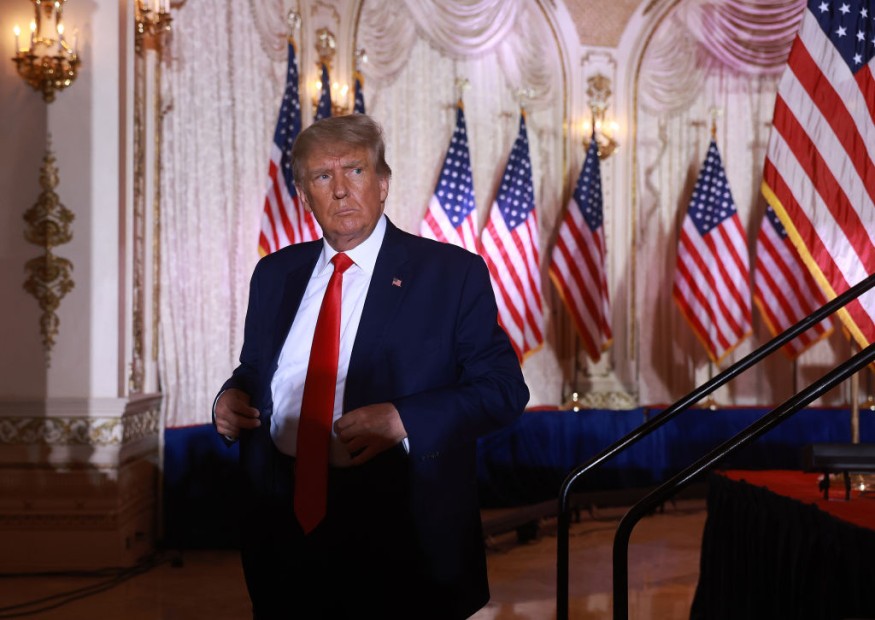Donald Trump's Presidential Immunity Claims to Avoid Lawsuit Rejected

Former U.S. President Donald Trump cannot claim presidential immunity to avoid a lawsuit accusing him of civil rights violations after he tried to overturn the results of the 2020 election, according to a federal judge's ruling on Monday.
Trump earlier argued that he was "absolutely immune" from damages for actions within the "outer perimeter" of his formal duties as the U.S. president at the time.
He added that his post-election movements in 2020 were "part of an effort to protect and defend the Constitution," as reported by Bloomberg.
However, U.S. District Judge Emmet Sullivan ruled that Trump's conduct "was purely political," agreeing with the challengers, which were the NAACP, Michigan voters, and advocates.
Sullivan said that if Trump "disrupted the certification of the electoral vote count," his actions would not be deemed as in "defense of the Constitution."
The federal judge noted that for the mentioned reasons, the Court has ruled that Trump "is not immune from monetary damages."
Sullivan also allowed the plaintiffs' motion to file an amended complaint against Trump, as well as the Republican National Committee.
Meanwhile, Trump lawyer Jesse Binnall and RNC lawyer David Warrington have yet to comment on the matter. Warrington is also representing Trump in his lawsuit challenging the Jan. 6 House select committee's subpoena.
Donald Trump's Presidential Immunity Claims
A separate but similar set of cases is being presented before the federal appeals court in Washington, D.C. In this case, Trump is arguing he has absolute immunity from actions he did while he was president of the United States.
Arguments for that case are scheduled to take place next week.
In January, lawyers for Trump argued that he is entitled to an expanded immunity from civil lawsuits attempting to hold him accountable for his role in the Jan. 6 riot in 2021 at the U.S. Capitol.
Democratic Rep. Eric Swalwell of California, two Capitol Police members, and a group of House Democrats have alleged the former president of inciting the insurrection.
Trump still argued that he has "absolute immunity" from liability in the three civil lawsuits filed against him.
He also claimed that the speech he delivered outside the White House before the mob descended on the Capitol was political speech "protected by First Amendment." Trump said during that speech to "fight like hell" and to march to the U.S. Capitol to "peacefully and patriotically make your voices heard."
Donald Trump and Jan. 6 Riot
Marjorie Taylor Greene came to the president's side when the former president was accused that he could have pardoned people in prison for their role in the Jan. 6 riot. Greene said that Trump is "sick" over their treatment and would pardon them if he wins the 2024 presidential elections.
Her statement came after Kanye West posted a video talking about his Mar-a-Lago dinner with Trump and Nick Fuentes.
Meanwhile, the former president has sued the Jan. 6 House select committee, arguing that the subpoena the select committee issued was "invalid."
Trump's lawyers once again claimed that the former president has "absolute testimonial immunity."
READ MORE : Nancy Pelosi, Kevin McCarthy Urged in a Letter to Pass Bill on Stock Ban Among Congress Members
This article is owned by Latin Post.
Written by: Mary Webber
WATCH: Trump Lawyers Press Claim Of Legal Immunity From Jan. 6 Civil Lawsuits - from NBC News
Subscribe to Latin Post!
Sign up for our free newsletter for the Latest coverage!

















